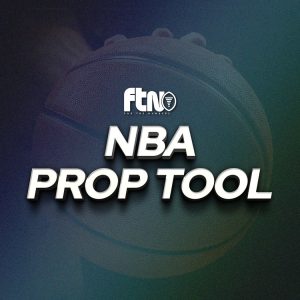
One of the reasons fantasy football rookie drafts are so exciting is because they give us hope. The allure of drafting another Garrett Wilson, Chris Olave or Breece Hall and adding an immediate star to your roster is intoxicating, but this isn’t how it typically shakes out.
More often than not, it takes time for young players to start producing for your fantasy team. Patience is a virtue in dynasty formats, and fantasy managers who are willing to wait can be rewarded handsomely. If long-term upside is what you seek and you’ve got the patience to obtain it, here are a few players you should be targeting in your 2023 rookie drafts.
Bryce Young, QB, Alabama
A week out from the draft, Bryce Young is all but a lock to go first overall to the Carolina Panthers. Though just because Young’s deserving of the top pick in the draft doesn’t mean he’ll be a fantasy contributor right out of the gates.
Quarterback is far and away the NFL’s most important position, and there’s typically a sharp learning curve when players transition from college to the NFL (even when playing for a premier program like Alabama). While Young possesses star potential, his landing spot in Carolina doesn’t set him up for immediate success. He’ll have a solid offensive line protecting him, but the weapons he’ll be throwing to make up one of the worst pass-catching groups in the league. For a player who’s not going to accumulate many fantasy points on the ground, Young is facing an uphill battle to early fantasy production.
While Young may not produce gaudy stats early in his career, there is a reason he’s going to be selected first overall. His feel for the game is uncanny, and he has the arm and athleticism to make magic happen on any given play. When he and the new-look Panthers coaching staff are given some time to develop together, Young could once again produce Heisman-worthy numbers in the NFL that make him a fantasy manager’s dream.
Quentin Johnston, WR, TCU
TCU’s Quentin Johnston is arguably the most polarizing receiver in this year’s class. He’s one of the few bigger bodies in this year’s receiver class. He’s expected to get drafted sometime in the mid-to-late first round, yet it wouldn’t be surprising to see him slip into early Round 2 either.
The problem with Johnston is his style of play likely won’t translate to immediate success in the NFL. Playing in the Big 12 meant Johnston wasn’t frequently matched up with the most talented corners. Despite this, we’ve seen him struggle separating against press coverage, and his route running ability leaves much to be desired. Throw on the fact that he’s had some drop issues, and it’s hard to envision him gaining the trust of his quarterback – whoever that may be – early in his career.
Of course, it’s not all bad with Johnston. Even with some of his shortcomings, he has the requisite talent and athleticism to make some big-time plays. He’s great with the ball in his hands and should be a YAC threat immediately upon stepping on the field. These traits may not lead to immediate production, but if he’s able to put it all together after gaining some NFL experience, the payout could be massive.
Devon Achane, RB, Texas A&M
If you like players with juice, Devon Achane is the guy for you. Achane clocked a blazing 4.32-second 40 at the combine, and if there’s one thing we know for certain, it’s that he’s going to bring some field tilting speed to whichever NFL team drafts him.
While Achane has all the athleticism an NFL team could possibly want, what he’s severely lacking is size. Listed at just 5-foot-8 and 188 pounds, the odds of NFL success are certainly stacked against him. It’s rare to see a player of his size succeed in the NFL, but the speed and explosion he brings to the table will cause NFL teams to take a chance on him anyway. He’s not just a speed demon either. He’s shown time and time again that he can run well between the tackles and has the requisite vision and nuance to be a successful back at the next level.
So why won’t he be an immediate contributor then?
Again, it comes back to the size. Smaller players have found more success in the modern NFL than they have historically, but it’s still rare to see these guys post big numbers right out of the gates. The most likely scenario in year one is Achane’s a gadget type player who gets a few touches per game while his primary contributions are as a returner on special teams. Patience with a running back is never easy, but fantasy managers who are willing to wait with Achane could be rewarded handsomely as his skillset should demand an increased workload over time.
Will Levis, QB, Kentucky

Another quarterback pops up on this list, but Will Levis out of Kentucky is the polar opposite of the aforementioned Bryce Young as a prospect. While Young lacks NFL size and measurables, that’s where Levis thrives. He’s an athletic, big-bodied, rocket-armed passer who has all the traits on paper that NFL teams covet.
The primary knocks on Levis largely come when evaluating his feel for the game. He has a knack for making some questionable decisions and throwing balls that had no business leaving his hand. Timing and rhythm within an offense are two areas where he really struggled, and these struggles will only be amplified once he reaches the NFL level. He’s received some Carson Wentz comparisons for these exact reasons, and the thought of him turning into Wentz could scare away many fantasy managers and NFL teams alike.
The upside with Levis though is definitely there. In all likelihood, his rookie year is going to be a roller coaster, but the upside he brings to the table resembles that of Josh Allen. All the physical tools are there, and if he lands with a team who’s willing to be patient and let him work out some of the kinks in his game, he has the upside to evolve into a fantasy juggernaut.
Darnell Washington, TE, Georgia
If you’re a fan of athletic freaks, Darnell Washington is just the guy for you. The 6-foot-7, 264-pound behemoth of a man has a record-setting 7 foot wingspan and some ridiculous athleticism to pair with it. Despite the physical stature that allows him to dominate his competition, it’ll likely take a few years before Washington experiences any relevant fantasy production.
In general, tight end is a position that has a steep learning curve, and even in college Washington wasn’t a big stats guy. In three years at Georgia, he logged just 45 catches and crossed the goal line only 3 times. Simply put, the stats were never there for Washington. Instead, he primarily added value as a blocker in the run game, and this will likely be the case in the early stage of his NFL career as well.
While the role he’ll likely play early in his career may not excite fantasy managers, the upside Washington possesses should. The volume was never there for him as a pass catcher, but when he did get the ball in his hands his physical prowess made him a nightmare to take down in the open field. You never saw the first cornerback or safety bring him to the ground, and that likely won’t change when he starts playing on Sundays. It’ll take some time before Washington becomes a key component of an NFL team’s passing attack, but when he does, his size, athleticism and ability with the ball in his hands make his fantasy ceiling sky-high.












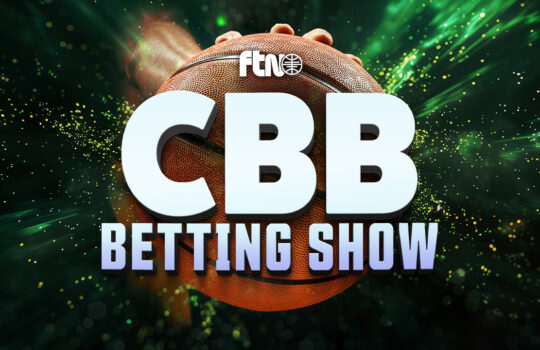





















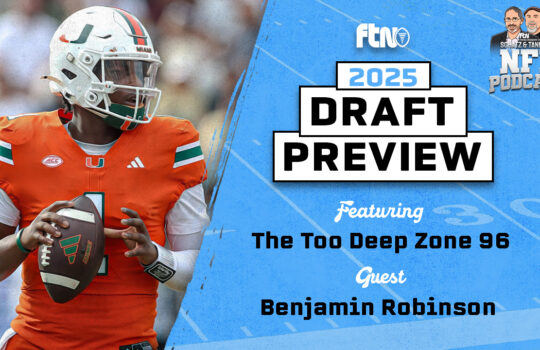
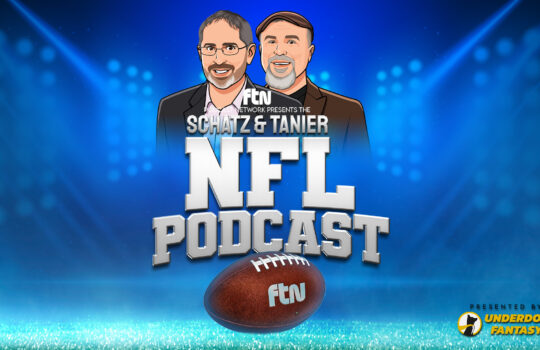











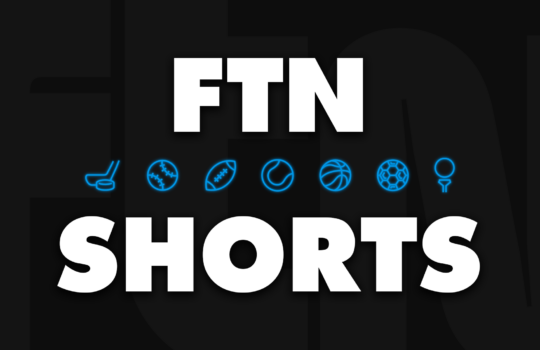
 New York Jets
New York Jets  New England Patriots
New England Patriots 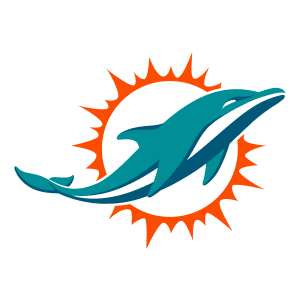 Miami Dolphins
Miami Dolphins  Buffalo Bills
Buffalo Bills  Pittsburgh Steelers
Pittsburgh Steelers  Cleveland Browns
Cleveland Browns  Cincinnati Bengals
Cincinnati Bengals  Baltimore Ravens
Baltimore Ravens 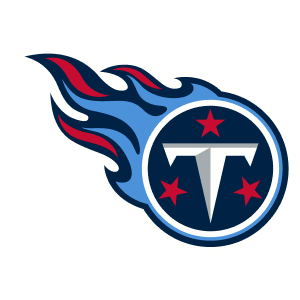 Tennessee Titans
Tennessee Titans  Jacksonville Jaguars
Jacksonville Jaguars  Indianapolis Colts
Indianapolis Colts  Houston Texans
Houston Texans  Las Vegas Raiders
Las Vegas Raiders 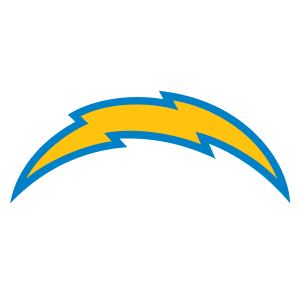 Los Angeles Chargers
Los Angeles Chargers  Kansas City Chiefs
Kansas City Chiefs 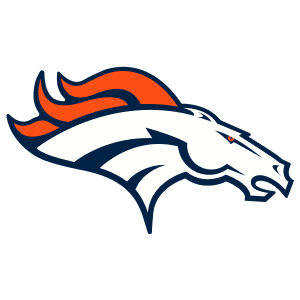 Denver Broncos
Denver Broncos  Washington Commanders
Washington Commanders  Philadelphia Eagles
Philadelphia Eagles 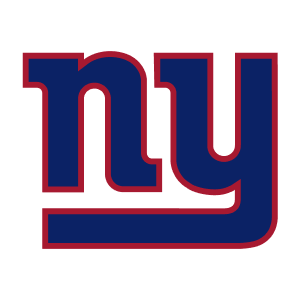 New York Giants
New York Giants  Dallas Cowboys
Dallas Cowboys 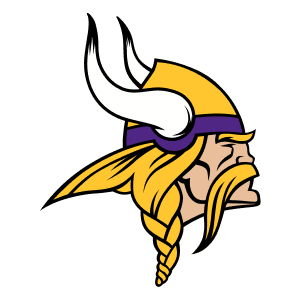 Minnesota Vikings
Minnesota Vikings  Green Bay Packers
Green Bay Packers 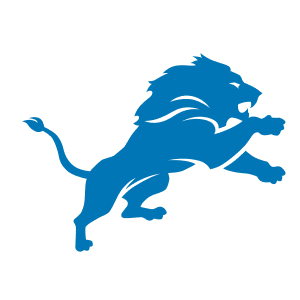 Detroit Lions
Detroit Lions 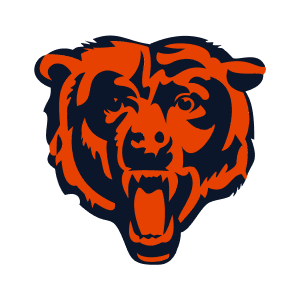 Chicago Bears
Chicago Bears 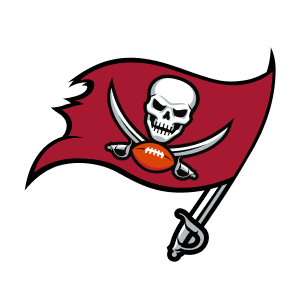 Tampa Bay Buccaneers
Tampa Bay Buccaneers  New Orleans Saints
New Orleans Saints 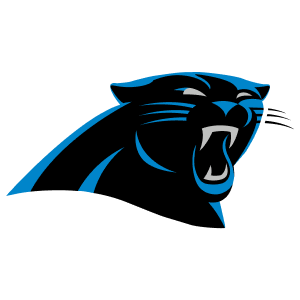 Carolina Panthers
Carolina Panthers 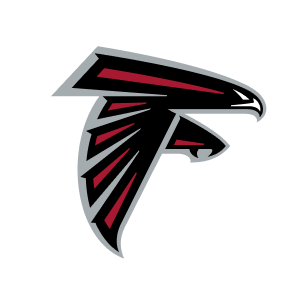 Atlanta Falcons
Atlanta Falcons  San Francisco 49ers
San Francisco 49ers 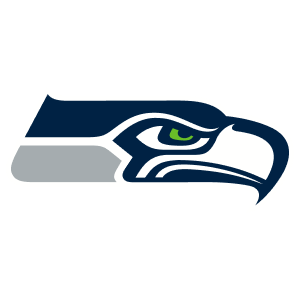 Seattle Seahawks
Seattle Seahawks  Los Angeles Rams
Los Angeles Rams 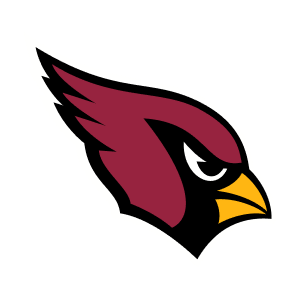 Arizona Cardinals
Arizona Cardinals 
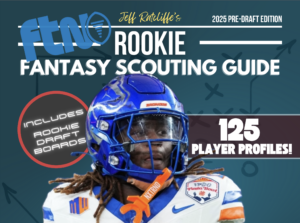





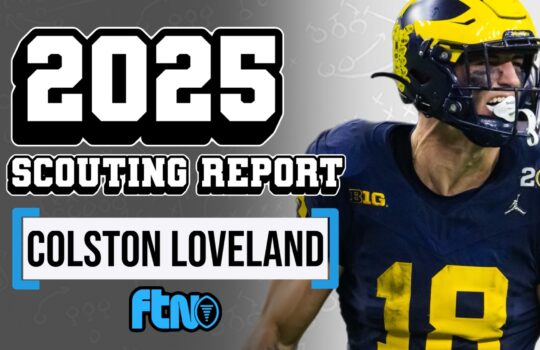



 Boston Celtics
Boston Celtics  Brooklyn Nets
Brooklyn Nets  Philadelphia 76ers
Philadelphia 76ers  New York Knicks
New York Knicks  Toronto Raptors
Toronto Raptors  Chicago Bulls
Chicago Bulls  Detroit Pistons
Detroit Pistons  Milwaukee Bucks
Milwaukee Bucks  Cleveland Cavaliers
Cleveland Cavaliers  Indiana Pacers
Indiana Pacers  Orlando Magic
Orlando Magic 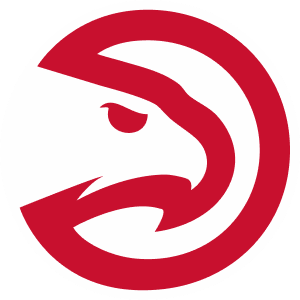 Atlanta Hawks
Atlanta Hawks  Charlotte Hornets
Charlotte Hornets  Miami Heat
Miami Heat  Washington Wizards
Washington Wizards  Denver Nuggets
Denver Nuggets 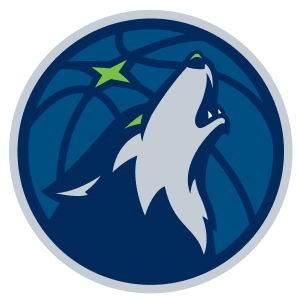 Minnesota Timberwolves
Minnesota Timberwolves  Oklahoma City Thunder
Oklahoma City Thunder  Portland Trail Blazers
Portland Trail Blazers  Utah Jazz
Utah Jazz  LA Clippers
LA Clippers  Golden State Warriors
Golden State Warriors  Los Angeles Lakers
Los Angeles Lakers  Phoenix Suns
Phoenix Suns  Sacramento Kings
Sacramento Kings  Dallas Mavericks
Dallas Mavericks  Houston Rockets
Houston Rockets  Memphis Grizzlies
Memphis Grizzlies  New Orleans Pelicans
New Orleans Pelicans  San Antonio Spurs
San Antonio Spurs 



